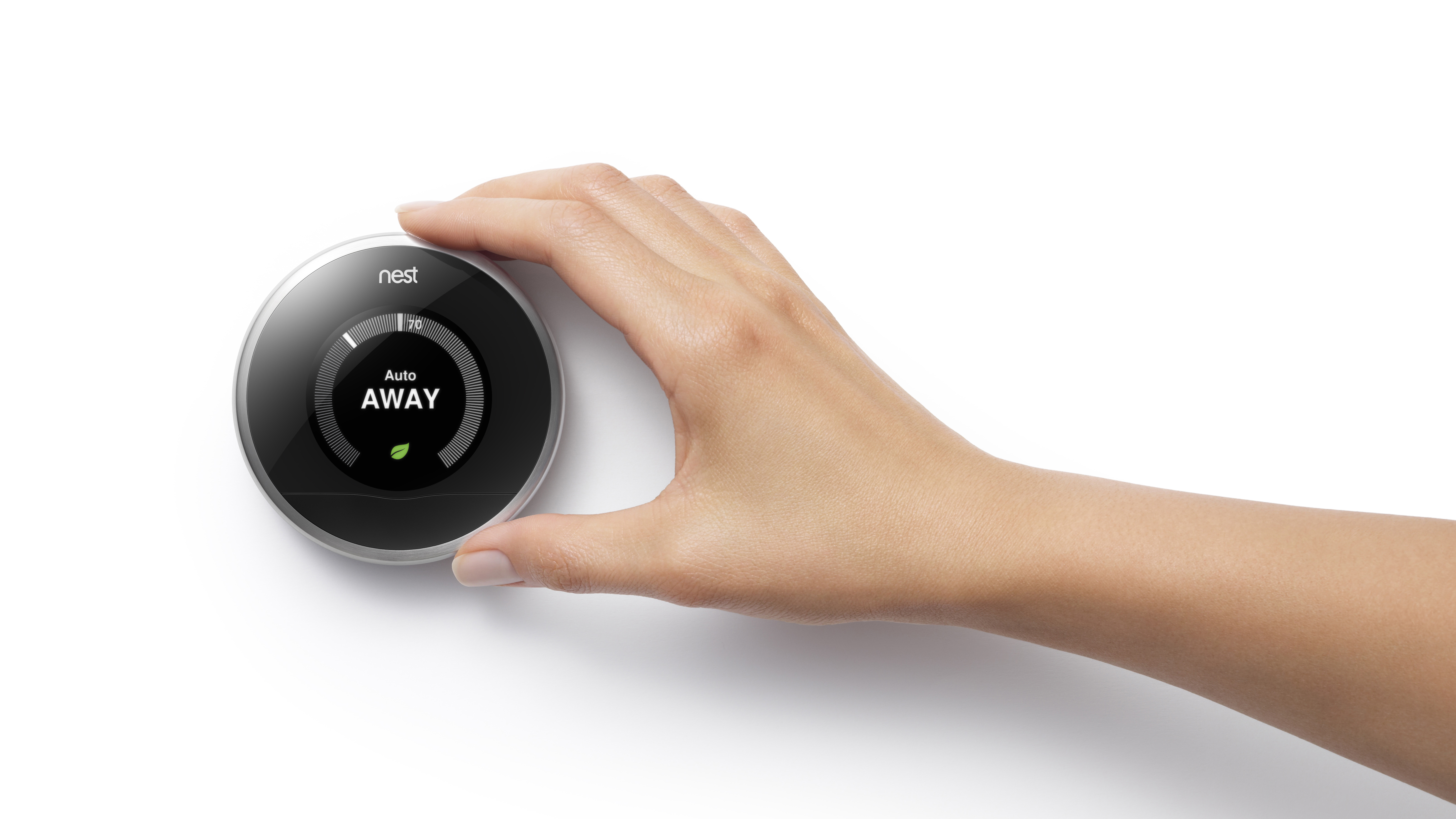Archos: The Internet of Things is a wild west that desperately needs rules
Sees accessories, not fridges
Sign up for breaking news, reviews, opinion, top tech deals, and more.
You are now subscribed
Your newsletter sign-up was successful
"I will know how to measure the temperature in the home of people, the humidity level of the British home, I will be able to know the weight of the population of let's say one million people, I will be able to know their blood pressure," he says. "It's a very important point for the future because that information is silent."
But the benefits for us are also big. The potential for change which the Internet of Things might bring about has already been compared to that of the Industrial Revolution.
Inventory management is one of the biggest benefits it will bring for the home, reckons Poirior. "On your smartphone you will know at any time what came in and what went out. At the moment you put something in the dustbin, the tablet will be able to tell you 'Hey, you've already consumed three [bottles of] milk during your week, do you want two more?'"

Which brings us to the big G. Google's purchase of Nest has given Mountain View a key to all our homes.
"I am upset because technologically speaking I don't understand what Nest have done better so far." Poirier sounds a tad bitter that Google didn't pick up Archos instead, but equally concerned when we suggest the idea of Google controlling our houses.
"What's going to be very interesting in the future is that you will have temperature, you will have humidity, you will have weather, you will have the health of the family... very soon that will happen. I hope it will not be Google," he says. "It's a bit too much."
Still, Poirier acknowledges that Google is being smart about the smart home. "What Google did is clever, it took a name. Nest is a good name," he says. "What is important is that Google is initiating a deep move. So all the retailers at the moment, they don't know what to do. How do I create a shelf of 'connected home'?"
Sign up for breaking news, reviews, opinion, top tech deals, and more.
Not only do manufacturers need to make sure that devices are smart, but they then face the task of getting these devices onto shelves - shelves that, as Poirier points out, don't really exist yet. The connected home is going to be a challenge and a half.
"I think few companies in the world can succeed. Few companies can be quick enough. Because it's going to be quick."

Hugh Langley is the ex-News Editor of TechRadar. He had written for many magazines and websites including Business Insider, The Telegraph, IGN, Gizmodo, Entrepreneur Magazine, WIRED (UK), TrustedReviews, Business Insider Australia, Business Insider India, Business Insider Singapore, Wareable, The Ambient and more.
Hugh is now a correspondent at Business Insider covering Google and Alphabet, and has the unfortunate distinction of accidentally linking the TechRadar homepage to a rival publication.